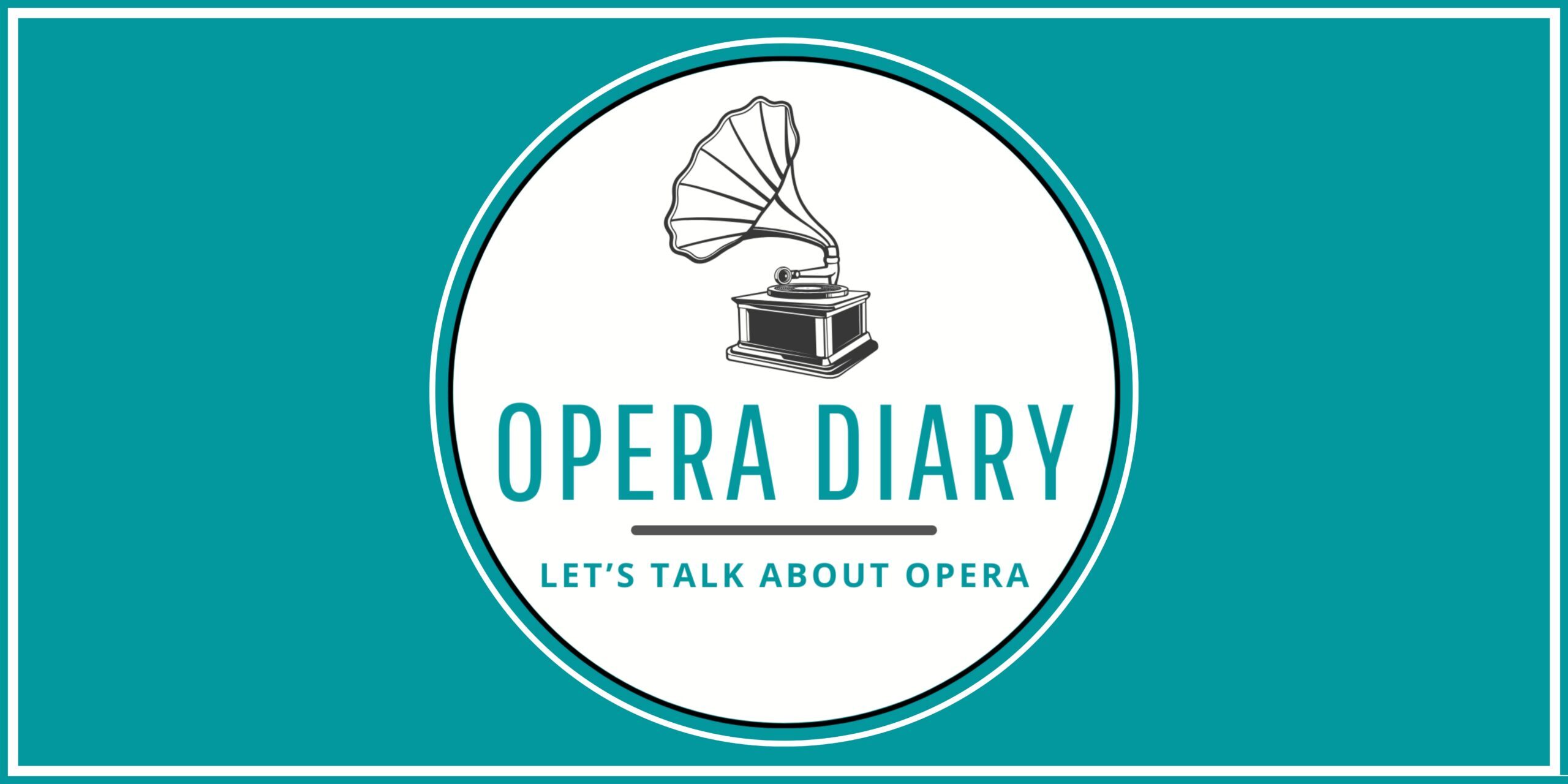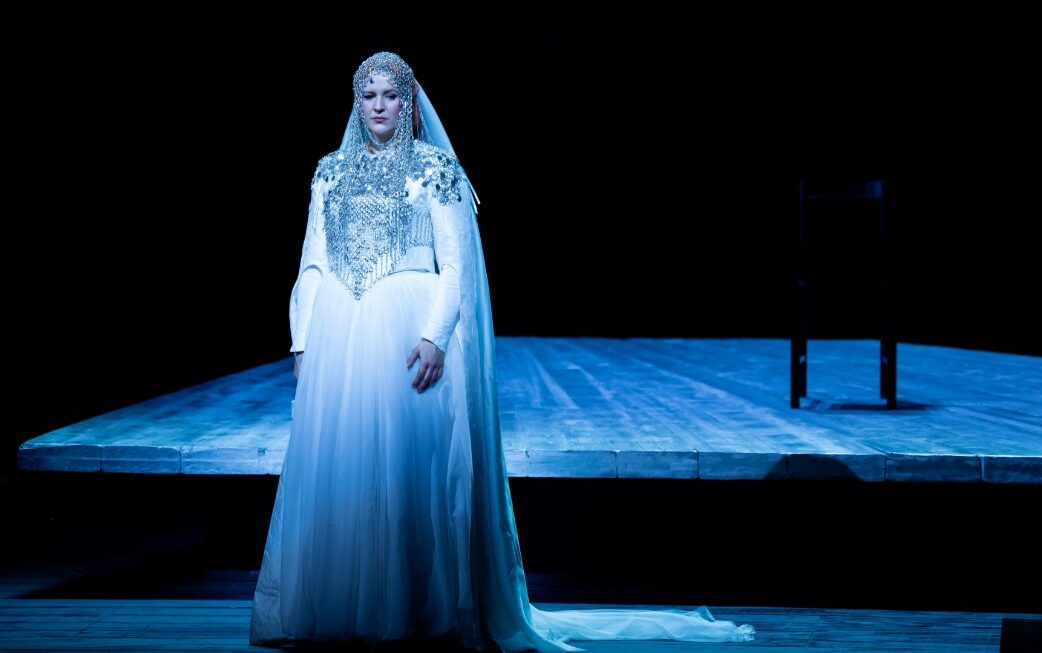Temple of opera or Disneyland of classical music?
Even in the scorching Italian summer, Teatro alla Scala manages to monopolize newspapers and television, media and social media. For days, two breaking news are bouncing around Italian newspapers: first of all the return of Bellini’s Norma to the stage after a nearly fifty-year absence; the last time was in 1977 with Montserrat Caballé in the title role and Fiorenza Cossotto as Adalgisa, and before the mythical performances in 1952 and 1955 with Maria Callas in her most iconic role, which made her the greatest and unrivaled soprano of the twentieth century.
The second compelling news, also widely reported in national and international newspapers, was the return of the dress code; after years of tolerance, the new superintendent, Fortunato Ortombina, has imposed a ban on shorts, flip-flops, singlet and even food and drink in the inviolable Piermarini hall.
On the evening of July 11th, the national and international audience, elegant and respectful of the recent dress rules, received the news from the superintendent, who appeared on stage, that the scheduled performers Marina Rebeka and Freddie De Tommaso were suddenly indisposed. In their place were engaged the relatively unknown Marta Torbidoni and Antonio Poli, two singers coming from what is known in Italy as the Buona Provincia, who had enjoyed some success last year at the Macerata Summer Festival.
The evening immediately promised to be stormy, with Ortombina drowned out by boos and shouts of shame! Marta Torbidoni’s Norma fits into the vein of the mosquito Norma pioneered by mezzosoprano Diva Cecilia Bartoli; Torbidoni has a pleasant timbre, unclear diction, a resonating behind voice with little masked projection, confident high notes with plenty of vibrato, and a nonexistent bass register: « in mia man alfin tu sei » was almost inaudible. Casta Diva was sung well, and even the cabaletta was resolved with fine attitude. Otherwise, given the poor vocal material, the character, one of the most complex in opera, was never there, not even in terms of interpretation, although a certain temperamento was undeniable in the second act. The comparison with Vasilisa Berzhanskaya’s Adalgisa was merciless, the true triumph of the evening, with a great voice, perfect bel canto technique, and captivating stage presence.
The Pollione of Antonio Poli, a tenor coming from Mozart repertorie, ,shows a beautiful lyrical voice, excellent diction and phrasing. Unfortunately, the role is beyond his capabilities, due to his limited volume and lack of dramatic accent, which leads to blow up the midvoice and force the high notes. Even if the acuti were avoided wherever possible, the performance of the cabaletta « Me Protegge, Me Difende »was insicure and forced.
Otherwise, Fabio Luisi’s excellent conducting continues, alternating fast tempos with evocative and inspired accompaniments of the arias, despite some inaccuracies from the orchestra, which was probably already in holiday mood. Much has already been said and written about the ugliness and the déjà vu of Oliver Py‘s production. Listening to one of the most beautiful finales in opera history, with Torbidoni and Poli being shot instead of burned, I was reminded of Renata Tebaldi’s prophecy:
“Verrà il giorno in cui ci saranno quelle vocine piccole, piccole, tipo moscerino che poi faranno di tutto, Norma, Aida, Barbiere di Siviglia, Bohème.”
CAST
Pollione: Antonio Poli
Oroveso: Michele Pertusi
Norma: Marta Torbidoni
Adalgisa: Vasilisa Berzhanskaya
Clotilde: Laura Lolita Peresivana
Flavio : Paolo Antognetti
Conductor: Fabio Luisi
Staging: Olivier Py





very informative articles or reviews at this time.